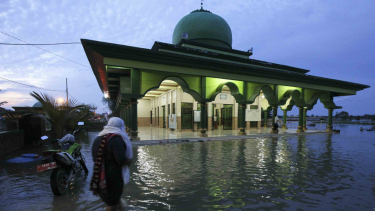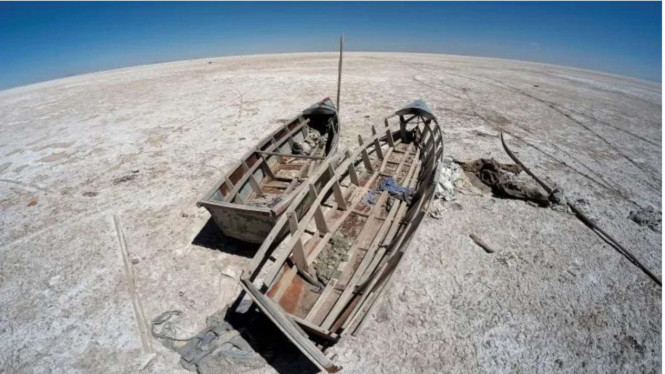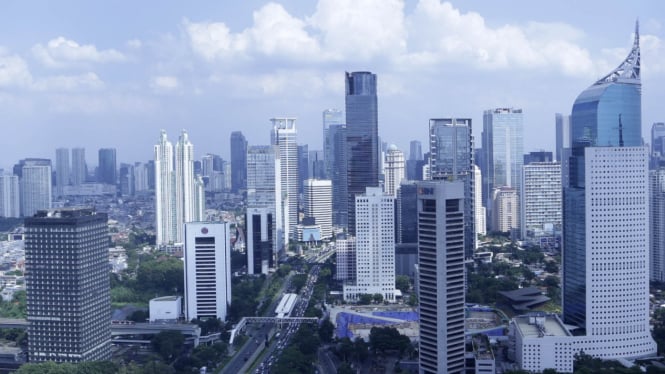More than Half of the World's Large Lakes Have Shrunk, Study Finds
- Al Jazeera
The findings of this study underscore the urgent need to address the effects of climate change on freshwater sources.
The world has already warmed up by 1.2C since the industrial era in 1800s due to greenhouse gas emissions, mainly from fossil fuels.
All scientific assessments reveal that the world will surpass the critical 1.5C warming threshold – set as a limit by the Paris Agreement – as early as this decade, with the latest World Meteorologist Organisation warning that it can happen within five years.
Extreme weather events are already becoming more frequent and stronger due to the climate crisis. In 2023, early heatwaves gripped Asia, Europe and Africa, while rainfall and floods have become more extreme and wildfires have destroyed towns.
If greenhouse gas emissions are not curtailed, the world is on a trajectory of reaching 3C warming by the end of the century, leading to devastating consequences for humanity.
Researchers of this report estimated that roughly a quarter of the world’s population resides in a basin of a drying lake, underscoring the necessity of incorporating impacts from the climate crisis and sedimentation into sustainable water resources management, as reported from the Independent site.
















